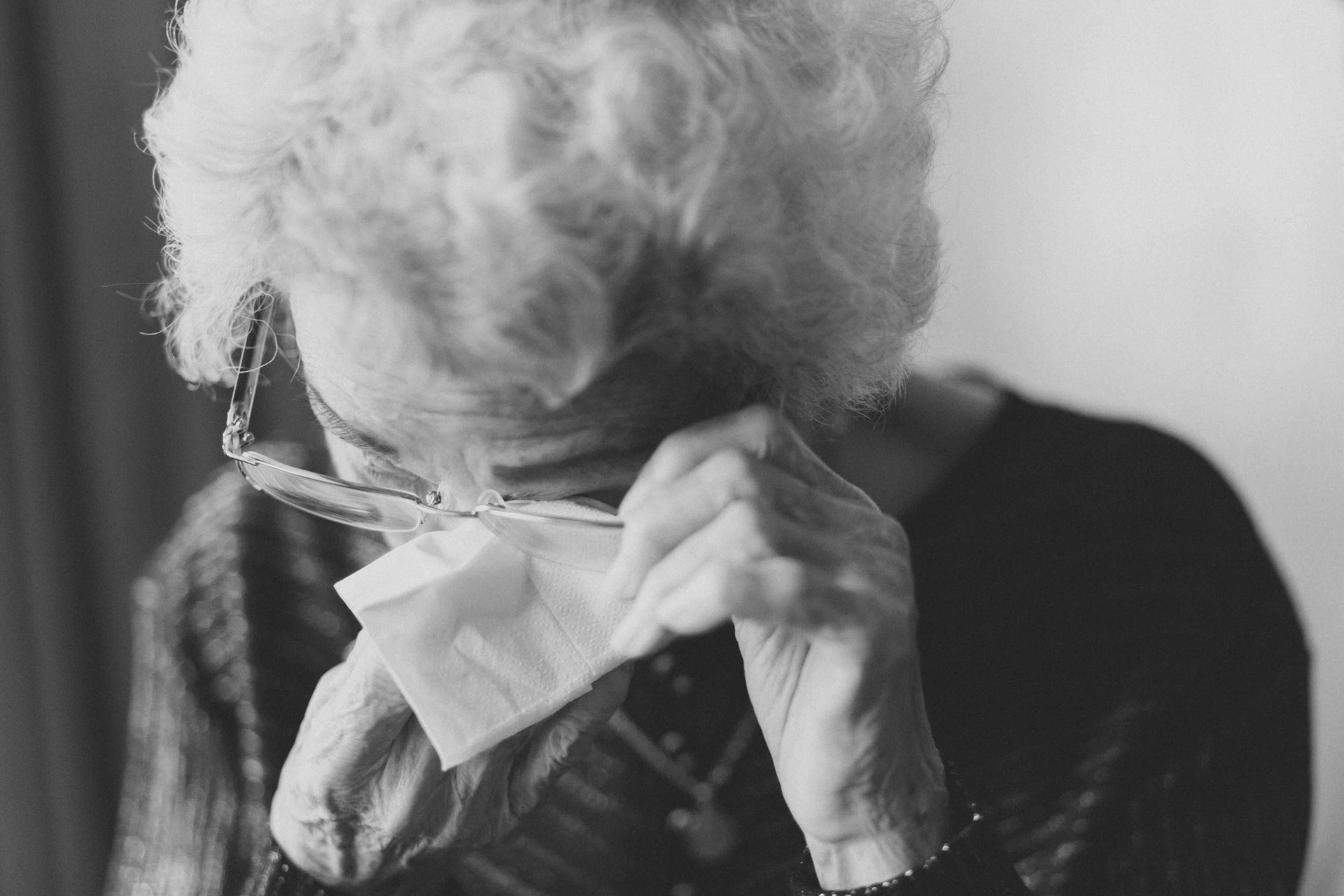Older People Mental Health
Depression in Older People
Older adults can be at risk of experiencing depression, as their lives and what they can do changes.
An older person with depression may have typical symptoms of low mood and hopelessness, but may also experience:
- Agitation
- Increased health anxiety
- More aches and pains
This can affect their quality of life and health so it is important to take seriously. It should not be thought as a normal part of aging, and there are
Older people can be more likely to experience loneliness, and while this is not the same as depression it can make someone more likely to become depressed. People who live in care homes are also more likely to experience depression, as they lose their social connections and routines.

Dementia and Depression
Around 3 in 10 people with dementia experience depression, and the symptoms may be different and harder to recognise.
Depression in dementia may
- Make someone’s memory worse.
- Make someone more agitated or aggressive.
- Mean someone’s eating or sleeping is worse.
- In later stages, make someone very tearful or lose weight.
Sometimes worsening memory in an older person who doesn’t already have dementia can be a sign of depression. This is known as ‘pseudodementia’, and can be recognised if someone tends to answer questions by saying “I don’t know” and not having the motivation to engage with questions, rather than actually losing their memory.
It can be better to treat depression in someone with dementia by focussing on improving quality of life. In more severe cases, people may be started on antidepressant medications. In these cases it is important to regularly monitor how they are doing as it may interact with other medications or conditions.
Caring for an older adult with depression
If an older adult requires care and is depressed, it can sometimes be difficult for them to express how they are feeling and let us know how they are doing on a medicine.
If you care for an older adult with depression, you may be best able to pick up on changes in their mood or behaviour. Please use this form to let us know how the person you care for is getting on with any changes to their medication, to make sure we are reviewing if it is the correct option for them.
Anti-depressant Review Form for the Elderly
Page created: 04 September 2020


